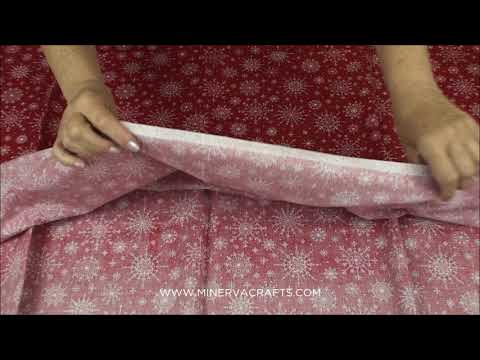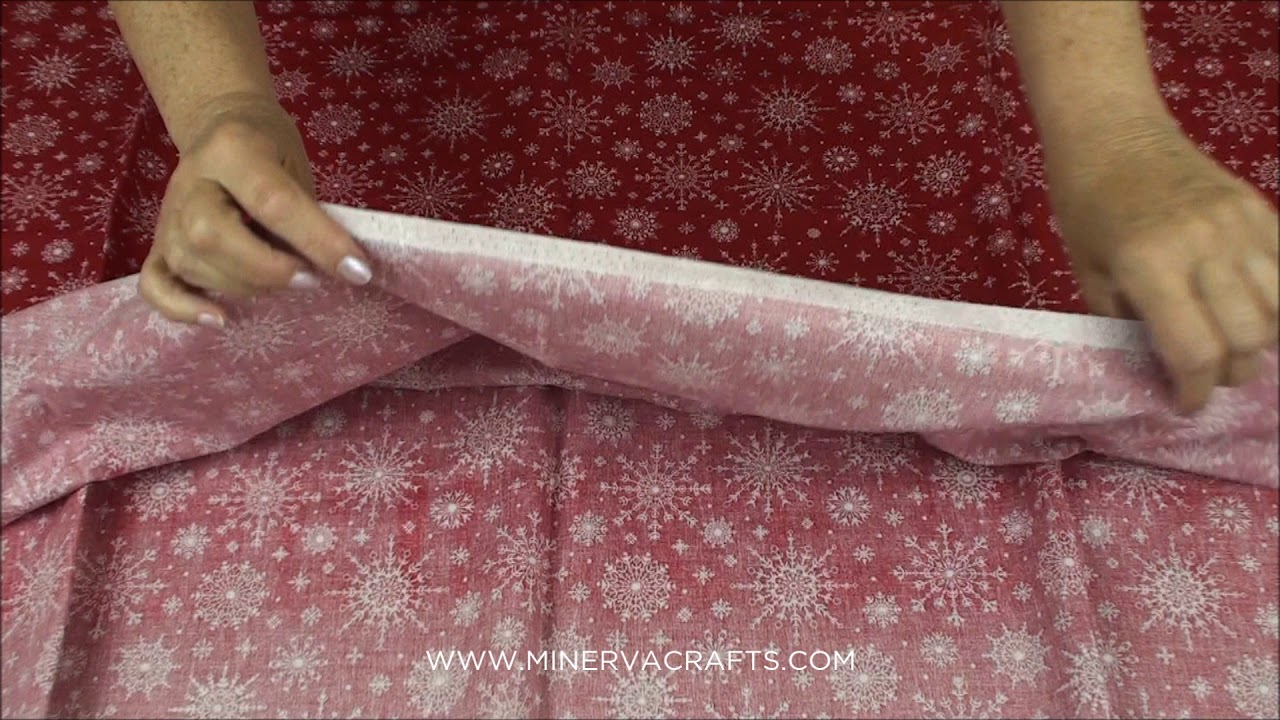Cotton woven fabric is a versatile and timeless textile that has captured the hearts of fashion enthusiasts for centuries. Its intricate weaving pattern and soft, breathable texture make it an ideal choice for clothing, home decor, and various other creative projects. This fabric is renowned for its durability, ensuring that your garments and furnishings will stand the test of time. With its natural fibers and superior absorbency, cotton woven fabric offers unparalleled comfort, making it perfect for warm weather or those with sensitive skin.
What sets this fabric apart is its ability to adapt to a wide range of styles and preferences. Whether you prefer a classic look or a more contemporary aesthetic, cotton woven fabric can effortlessly complement any design. Its versatility allows it to be dyed in a myriad of vibrant colors or printed with intricate patterns, giving you endless options to express your personal style.
Moreover, cotton woven fabric is not only a fashion staple but also an environmentally conscious choice. Being a sustainable and renewable resource, cotton is biodegradable and has a smaller carbon footprint compared to synthetic alternatives. By choosing cotton woven fabric, you contribute to a greener future without compromising on quality or style.
Indulge in the timeless allure of cotton woven fabric and experience the comfort, versatility, and sustainability it offers. Whether you’re creating a stunning garment or enhancing your living space, this fabric will undoubtedly add a touch of elegance and sophistication to your creations.

The History of Cotton Woven Fabric
Cotton woven fabric has been a staple in the textile industry for centuries. Its versatility, durability, and comfort have made it one of the most popular choices for clothing and home furnishings. Let’s take a closer look at the history of this remarkable fabric.
The Origins of Cotton Woven Fabric
Cotton is believed to have originated in the Indus Valley Civilization around 5,000 BCE. The cotton plant was first cultivated for its soft and breathable fibers, which were then spun into thread and woven into fabric. The ancient Egyptians, Greeks, and Romans all recognized the value of cotton and used it extensively in their societies.
However, it was not until the 18th century that the cotton industry truly blossomed. The invention of the cotton gin by Eli Whitney in 1793 revolutionized cotton production, making it faster and more efficient. This led to a boom in cotton cultivation and the establishment of cotton mills.
The Manufacturing Process
Cotton woven fabric is made through a complex manufacturing process that involves several steps:
Ginning: After cotton is harvested, the ginning process separates the cotton fibers from the seeds.
Spinning: The cotton fibers are then spun into thread or yarn using spinning machines. This process twists the fibers together to create a cohesive and strong thread.
Weaving: The spun thread is then woven together on looms to create the fabric. There are two main types of weaving: plain weave and twill weave. Plain weave creates a simple crisscross pattern, while twill weave creates a diagonal pattern.
Finishing: Once the fabric is woven, it goes through a finishing process to enhance its qualities. This may involve treatments such as bleaching, dyeing, or printing to add color and patterns.
The Advantages of Cotton Woven Fabric
Cotton woven fabric offers numerous advantages that have made it a favorite among consumers:
Comfort: Cotton is a breathable fabric that allows air to circulate, keeping the wearer cool and comfortable. It is also soft against the skin, making it ideal for clothing.
Durability: Cotton woven fabric is known for its strength and durability. It can withstand frequent washing and wear without losing its shape or integrity.
Versatility: Cotton can be woven into a wide range of fabrics, from lightweight voile to heavy denim. This versatility allows for a variety of applications, including clothing, bedding, upholstery, and more.
Sustainability: Cotton is a natural and biodegradable material, making it an environmentally friendly choice. Additionally, organic cotton is grown without the use of harmful pesticides or chemicals.
Caring for Cotton Woven Fabric
Cotton woven fabric is relatively easy to care for, but it does require some attention to maintain its quality:
Washing: Cotton can generally be machine washed in cold or warm water. It is recommended to use a mild detergent and avoid bleach, as it can weaken the fabric.
Drying: Cotton can be tumble dried on a low heat setting, but air drying is often preferred to prevent shrinkage. Avoid over-drying, as it can cause the fabric to become stiff.
Ironing: Cotton fabric may require ironing to remove wrinkles. Set the iron to the appropriate temperature for the fabric and iron on the reverse side if possible.
Conclusion
Cotton woven fabric has a rich history and continues to be a popular choice for clothing and home textiles. Its comfort, durability, versatility, and sustainability make it a fabric worth considering for any project. By understanding the manufacturing process and proper care techniques, you can ensure that your cotton woven fabric remains in excellent condition for years to come.
“The Allure of Red: A Weave of Cotton Elegance”
Cotton Woven Fabric
Cotton Woven Fabric
| Property | Description |
|---|---|
| Fiber Type | Cotton |
| Weave Type | Woven |
| Strength | High tensile strength due to the interlacing of cotton fibers in the fabric structure. |
| Softness | Renowned for its exceptional softness, cotton woven fabric provides a comfortable feel against the skin. |
| Breathability | Allows air circulation, making it highly breathable and ideal for warm weather or active wear. |
| Absorbency | Cotton fibers have excellent moisture absorption properties, making the fabric highly absorbent and suitable for towels, bed linens, and clothing. |
| Durability | Woven cotton fabric is known for its durability, ensuring longevity even with frequent use and washing. |
| Versatility | Available in various weights and finishes, cotton woven fabric can be used in a wide range of applications, including apparel, home textiles, and upholstery. |
| Color Retention | With proper care, cotton woven fabric retains color vibrancy, allowing it to maintain its attractive appearance over time. |
Note: Cotton woven fabric is a popular choice across industries due to its exceptional qualities and versatility. Its natural properties make it an excellent fabric for everyday use, ensuring comfort, breathability, and durability.

